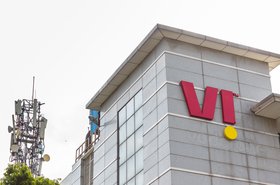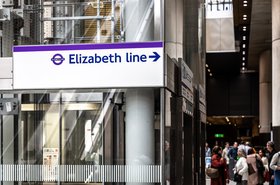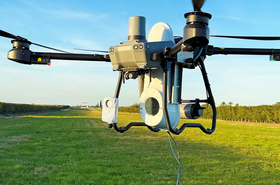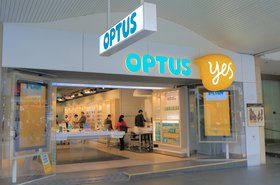US telco Verizon has been awarded a contract to install 5G and/or 4G LTE network enhancements at 35 US Air Forces bases across the country.
Financial terms of the contract were not disclosed, though the carrier said the deal has been awarded through the Air Force's Offer to Lease (OTL) program.
The agreement will see Verizon Business deliver network enhancements such as C-Band carrier adds, new macro builds, and small cells.
Verizon's network will be used by base personnel and the surrounding community, while it claims its technology will provide higher speeds, increased bandwidth, and lower latency.
“This is Verizon’s 7th OTL win out of 8 attempts, which serves as a testament to the trust the US Air Force has in the strength and speed of our network, as well as the quality of the professional and managed services expertise they gain from our people,” said Maggie Hallbach, senior vice president, Verizon Public Sector. “We are honored to have Verizon Business serve as one of their most trusted partners."
Verizon's technology will be deployed across the US, with the Air Force bases located in Alabama, Alaska, Arkansas, California, Delaware, Washington DC, Florida, Idaho, Illinois, Kansas, Louisiana, Maryland, Massachusetts, Michigan, Mississippi, Missouri, Montana, New Hampshire, New Jersey, New York, Ohio, Oklahoma, Texas, Virginia, and Washington.
To date, Verizon has been awarded $3.7 billion in contracts with the US Department of Defence (DoD), which includes the US Air Force.
Last year, the company paired with Boldyn Networks to deploy 5G at Fort Bliss Army Post in El Paso, Texas.
The carrier also won a 10-year deal with the US Navy to provide wireless services and devices in a deal worth $2.7 billion.
Separately this week, Verizon partnered with Samsung Electronics and MediaTek to achieve 5G download speeds of 5.5 Gbps.
The test was carried out in a 5G lab environment, the telco noted. Verizon said the test utilized carrier aggregation, combining multiple channels of FDD and TDD spectrum bands to provide greater efficiency for transmitting data sessions over the wireless network. According to the carrier, the companies combined six separate channels of sub 6 GHz spectrum to achieve the 5.5 Gbps speeds.







